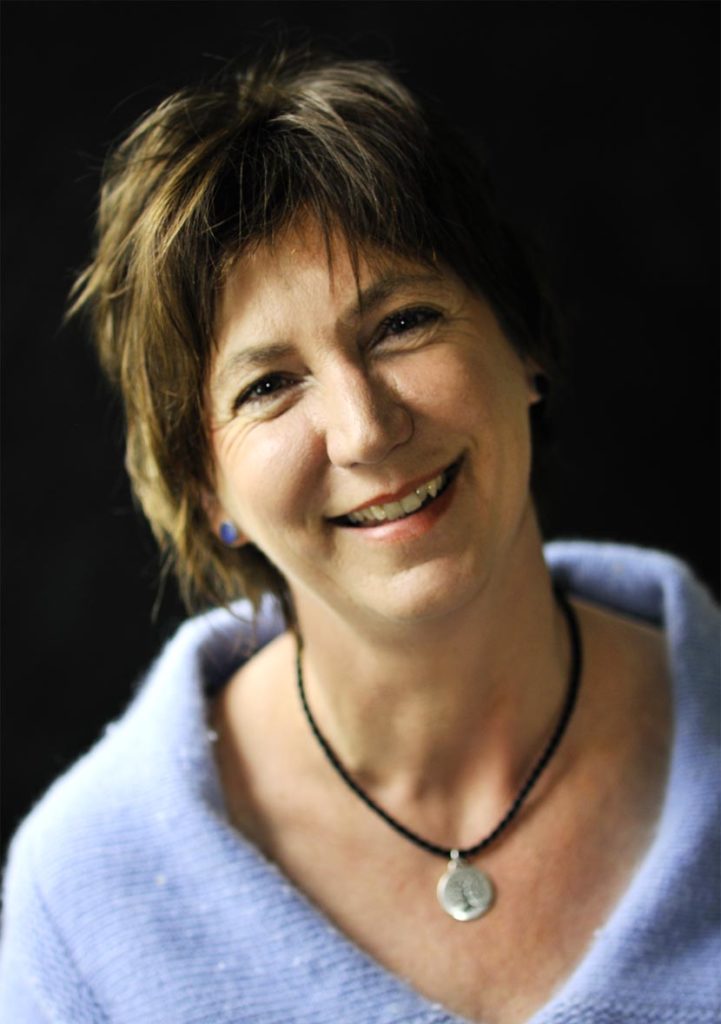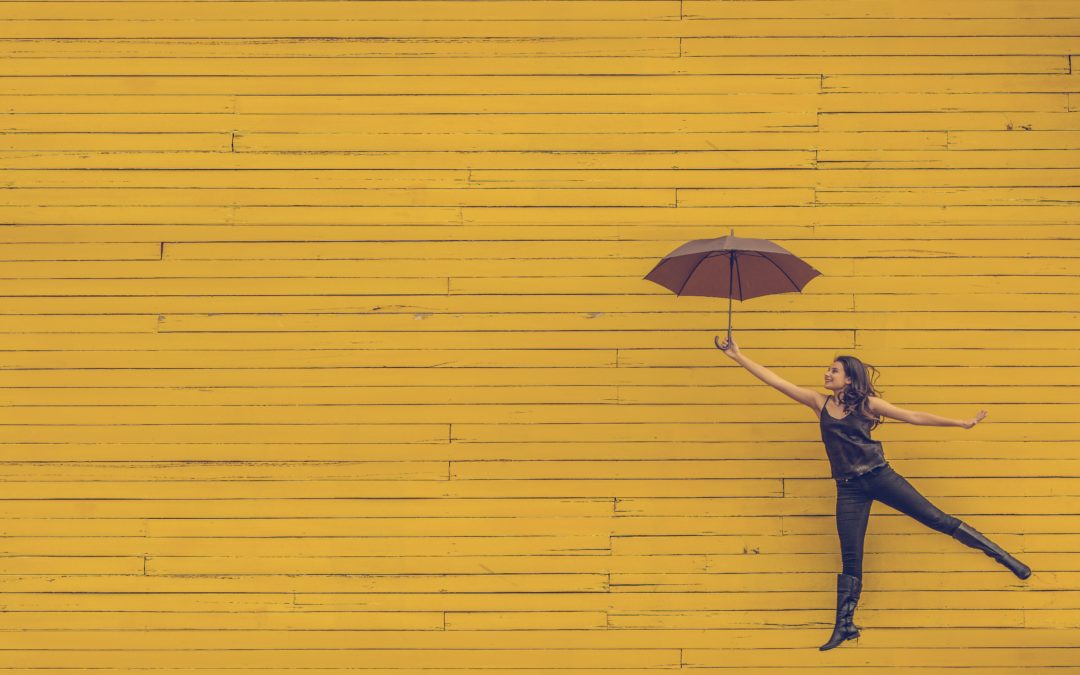Photo by Edu Lauton on Unsplash
I am delighted to share this guest post from the writer, Rosie Dub. In this post she explores the relationship between creativity, and change. She shows how fear can block the process, while an attitude of playfulness can enhance it. Do enjoy this special posting!
In the antipodes it is spring, a time of rejuvenation as life bursts forth once more, after the dormant phase of winter. I sit at my writing desk watching the buds forming and the birds collecting materials for their nests. It has been a tough winter, with its short cold days and long, even colder nights, but now the light is returning and my spirits are lifting. It has been tough in other ways too, with family illnesses and other stresses taking my attention, filling my heart with pain and shredding my nerves. But despite all this, I have emerged blinking from the cocoon of winter, clutching a new novel and sporting a slightly broader waistline (an unfortunate side-effect).
My experience with the creative process
For many years I have been intrigued by the nature of creativity which is hardly surprising, considering I work as a writer, a mentor, a creative writing teacher and an editor. In these capacities I am engaging with the creative writing process on a daily basis – both my own and others. I am intrigued too by the way my access to the creative process has always seemed to ebb and flow. For much of my life, I felt like a passive being who either received inspiration or did not. At first, anything could get in the way of my creativity: a fleeting mood, a sunny day, an oven to clean . . . but I gradually learned that inspiration is only a small part of the creative process. The rest of it is dedication, which in translation means hard work. I got better at it, turning up at my desk whether I wanted to or not, struggling with the process on some days, flowing with it on others. Even so, most of the time there was something blocking that writing process, a barrier through which my creativity was ‘squeezed’, rather than a free-flowing space. As a consequence, my writing felt restrained and often forced but I knew that if I could step through this barrier, everything would change.
Obstacles to the creative process
Then this difficult winter arrived, bringing with it every obstacle to writing imaginable. My emotions were running high with anxiety, stress, grief, anger . . . I felt terrified, out of control and unable to focus my mind. I couldn’t sit down to do my usual meditation without being overwhelmed by all kinds of thoughts looping inside my head, to which my emotions would respond obligingly, until I was forced to leap out of my chair and do something else, anything to alleviate the anxiety, and often the wrong thing – more tea, a glass of wine, too much chocolate (hence the slightly broader waist line), unnecessary fussing, useless communications which only served to make things worse, wasting energy on tasks that weren’t important . . . The further I slipped into reactionary behaviour, the more impossible it became to access my ‘toolkit’, those techniques that help me to stay on track: meditation, walks, yoga, nourishing food . . . it all seemed too much to bother with. My fear had pushed me into self-sabotage mode and as a consequence any sense of self control or peace was lost. I couldn’t even sit at my desk, let alone write.
Common misperceptions about creativity
Over the years, I have counselled many people about writer’s block and helped them to find their voices and their stories. In that time, I’ve lost count of how often I have heard people assure me that they’re not creative, when in reality the issue lies somewhere else.
‘I wouldn’t know where to start,’ they say.
‘I don’t use my imagination,’ they say.
Or worse, ‘I don’t have an imagination.’
‘Oh yes you do,’ I generally respond. ‘You’ve just imagined yourself into being someone without an imagination.’
And that’s the key. It’s all about where we send our imagination and what we choose to focus on. It’s in our hands. Every single moment we have a choice. Do we make that choice with fear or with joy? Do we immerse ourselves in a task with fear or joy? The difference is immense, as I discovered for myself this past winter when I found my imagination fuelled solely by fear and as a consequence, lost my capacity to write.
The importance of playfulness and how easily it can be crushed
It has taken me many years to understand that playfulness is an important element in creativity. According to Jung, ‘the creation of something new is not accomplished by the intellect but by the play instinct acting from inner necessity’. Yet for most of us, our sense of playfulness is crushed as we progress from childhood to adolescence and eventually adulthood. Much of that loss is due to the way we are schooled and the expectations of society. We are given structures and rules that restrict how we approach creativity and condition our thinking. ‘That isn’t how it should be done,’ they tell us over and over again. We are given gold stars for compliance not creativity. We are given answers not taught how to question. We are trained to copy not to create, and even worse, we are told that creativity is not for everyone.
The consequences of losing our playfulness
Playfulness is light hearted, it involves a lifting of expectations around outcomes and methods and for most of us access to it requires a shift in our thinking, a deprogramming of sorts. If there is too much at stake . . . if we have strict views about how something must be brought into being. . . if we are afraid of failing . . . if we are stressed and anxious . . . then we cannot access playfulness and as a result, we are no longer able to create joyfully. Instead our choices arise from fear and conditioning and our creations are shadowed with negativity. We get trapped by the enemies of the creative process: cynicism, depression, mind chatter, anxiety, perfectionism . . . and more. The list is long but the common element is fear.
Re-engaging with our playfulness
Last winter when I found myself trapped in fear and anxiety it was an idea that rescued me. One that hovered in the back of my mind trying to get my attention, until in a rare moment of peace, I finally listened. Only then was the idea able to find its voice and nudge me into action; I made a note or two, a title emerged, characters formed and the idea grew, gaining momentum quickly. When my thoughts and feelings spiralled into negativity as they often did, I practised shifting my thoughts to this new idea, and most of the time it worked. I was still incapable of meditating and yet my writing time became a meditation of sorts. It became my ‘tuning in place’. No matter how fearful I was or how loopy my thinking, I found that I could immerse myself in my novel and immediately shift into a positive space. It was hard work, and I sometimes struggled to concentrate (hence the chocolate), but for the most part I was able to maintain focus, and work from a joyful, playful space, trusting the process to unfold as it should and crucially, letting go of fear. In so doing, I was able to complete a novel in just a few months, and for the first time, step across the barrier that has been in place within me for as long as I can remember.
Creativity permeates every aspect of our lives
As I sit here at my desk, bathed in the spring sunlight and feeling grateful that the difficult winter has passed, I realise that creativity and change go hand in hand. Without movement nothing can exist, for the creative process is fundamental to life. It’s all around us, embedded in the ebbs and flows of the seasons, the dance of the planets in their orbits, in the major turning points in our lives. But it is also embedded in the minutiae of life. Whether we are writing a novel, creating a business, cooking a meal, working in our garden . . . we are creating. Each moment of each day we create new possibilities and new directions in our lives. Everything we do is creative and every moment provides us with a choice as to how to implement that creativity. When we turn our backs on fear and free ourselves of our conditioned thinking, we can move into a playful flow that enables rather than resists and that imbues each task with joy. In this way we can gradually take our meditation into our daily lives and live it, thus consciously and playfully engaging with our creativity from one moment to the next.

Dr Rosie Dub is a novelist, mentor, teacher, manuscript assessor and facilitator of the Centre for Story, a platform for stories that enable positive change in individuals and societies. Rosie has spent many years researching the nature of story and the role it plays as a transformational tool for individuals and cultures, and she shares her discoveries in her blog and the wide range of writing workshops and courses she runs in the UK and Australia. (www.centreforstory.com)


Thank you for posting this. I’ve followed Dr Rosie Dub for years and she is filled with wisdom. Lovely words, thoughts, and ideas.
Hi Jan
So glad you liked the post from Rosie! I was very happy to have the opportunity to publish it. You are right – she is very special!
Many thanks for your appreciation